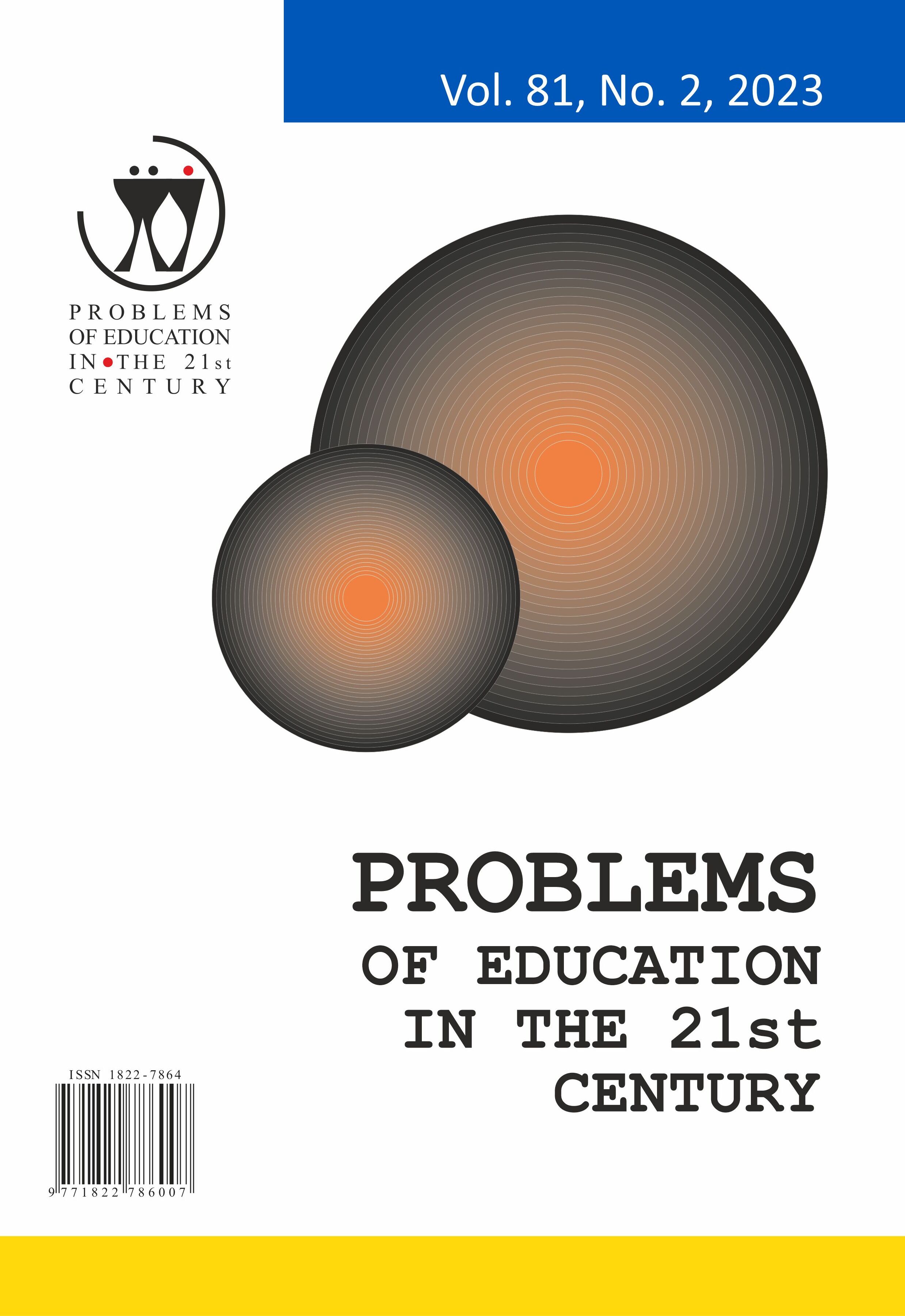CONTRIBUTIONS OF LAKATOSIAN THEORY TO THE EVALUATION OF EXPLANATORY MODELS OF INTERMOLECULAR FORCES MADE BY UPPER-SECONDARY SCHOOL STUDENTS
CONTRIBUTIONS OF LAKATOSIAN THEORY TO THE EVALUATION OF EXPLANATORY MODELS OF INTERMOLECULAR FORCES MADE BY UPPER-SECONDARY SCHOOL STUDENTS
Author(s): Ana Carolina Gomes Miranda, Maurícius Selvero PazinatoSubject(s): Education
Published by: Scientia Socialis, UAB
Keywords: London force and dipole-dipole interactions; progressive transition; chemistry teaching;
Summary/Abstract: The focus of the present study is the learning processes of concepts related to hydrogen bonds, which were developed using a didactic sequence (DS). Based on the perspective of Imre Lakatos, it was observed whether the explanatory models created by upper-secondary students form progressive transition sequences, which are similar to what Lakatos, in his text The History of Science, calls a “problem” that increases the explanatory/heuristic power of the model. To evaluate the evolution of these models, which generally consist of progressive transitions, four phases were developed: 1) the categorization of answers obtained in the DS in Realist, Empiricist or Rationalist zones, as well as an attribution of scores; 2) the determination of a score range for said zones; 3) hierarchical cluster analysis (HCA) and 4) an analysis of the progressive transition of the explanatory models. A continuous review of the ideas expressed by the students during their learning of the subject revealed that a significant share of students progressed conceptually. In a general way, it can be said that the activities developed in the DS contributed substantially to the progressive transition of the explanatory models made by most students. Furthermore, the approach of the DS toward the subject of hydrogen bonds allowed the students to interpret the phenomena studied using their knowledge of Chemistry.
Journal: Problems of Education in the 21st Century
- Issue Year: 81/2023
- Issue No: 2
- Page Range: 176-187
- Page Count: 12
- Language: English

